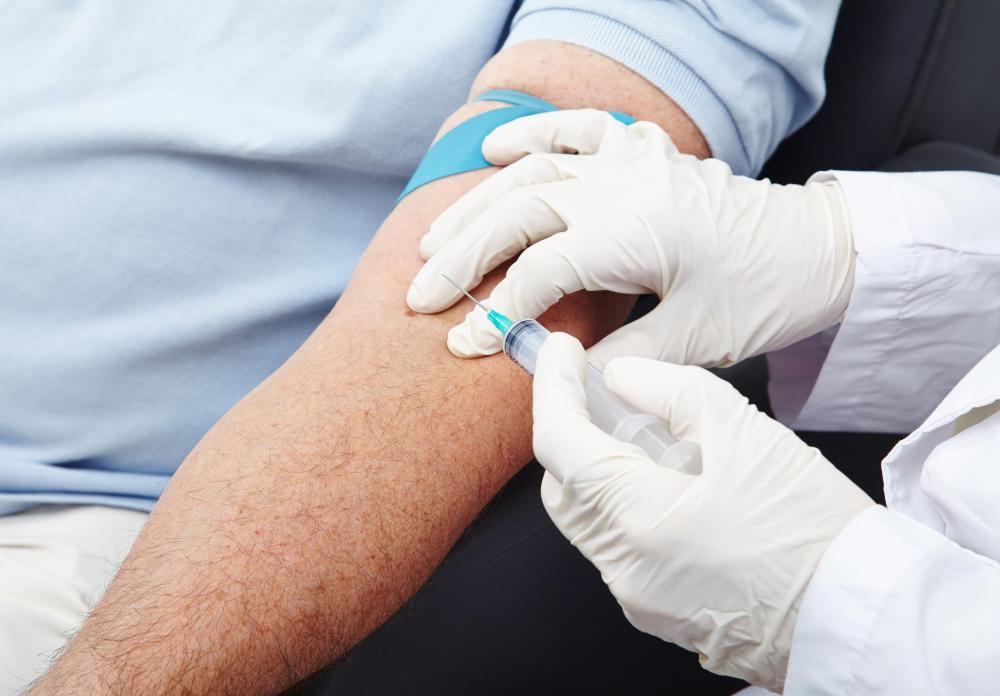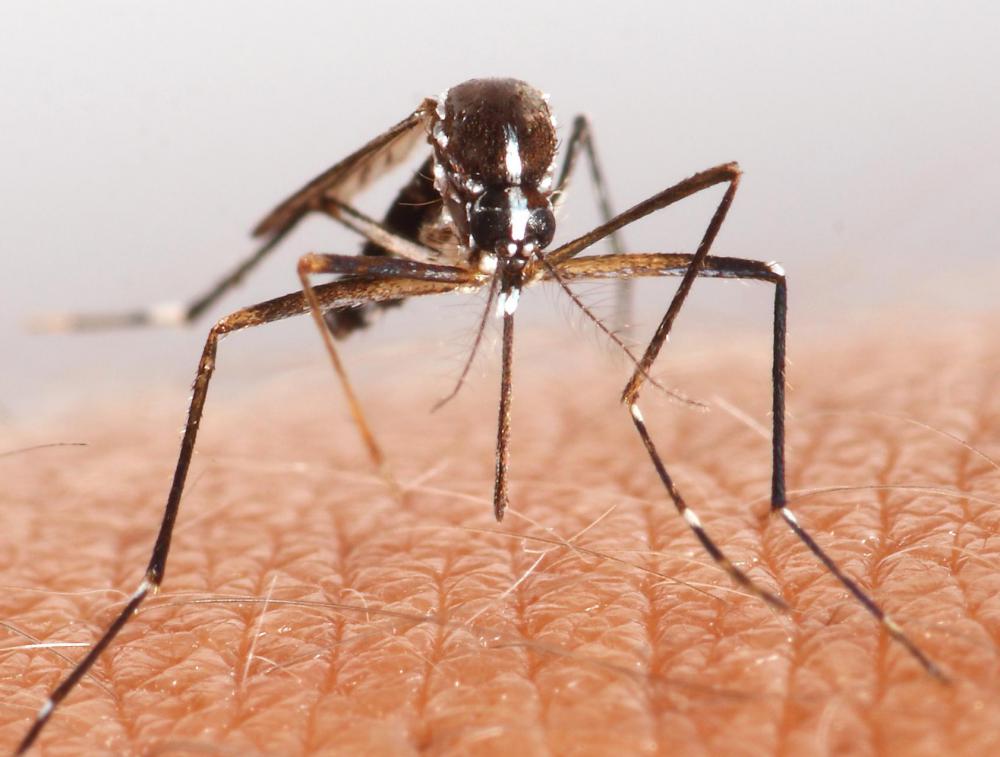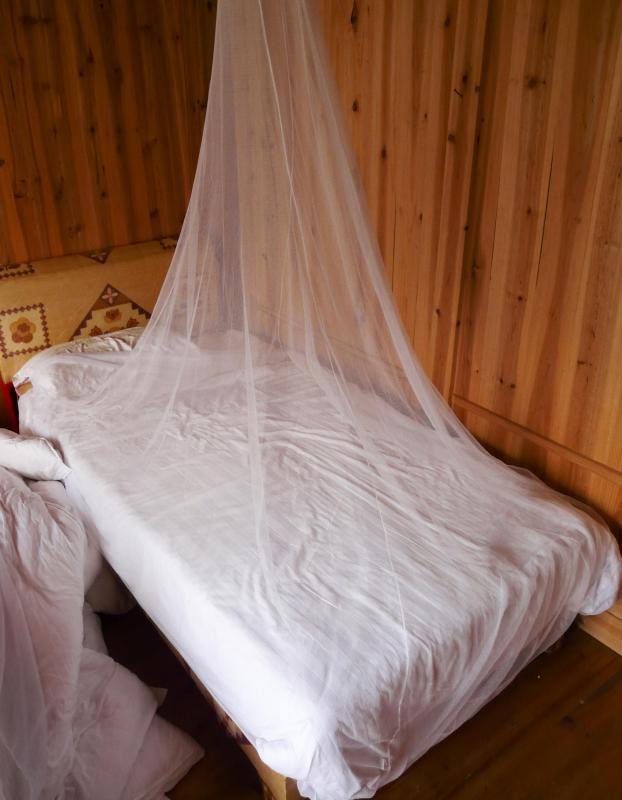At TheHealthBoard, we're committed to delivering accurate, trustworthy information. Our expert-authored content is rigorously fact-checked and sourced from credible authorities. Discover how we uphold the highest standards in providing you with reliable knowledge.
How is Malaria Treated?
Malaria is treated with a class of drugs which are known, unsurprisingly, as antimalarials. Antimalarial drugs are designed to attack the parasites which cause the disease, preventing them from spreading while also killing them off so that they cannot continue causing infection. The success of treatment varies, depending on what strain of malaria the patient has, whether or not the parasites are drug resistant, and whether or not the patient is able to complete the course of drugs needed.
This mosquito-borne infection has been plaguing people for centuries, until the discovery of quinine allowed doctors to treat patients afflicted with the disease. However, quinine-resistant strains were quick to develop, forcing researchers to work on new classes of drugs to treat malaria. This battle between researchers and parasites continues to this day, and drug companies are constantly researching new treatments.

If a patient has what is known as uncomplicated malaria, he or she can be treated as an outpatient, ideally within 24 hours of the emergence of symptoms. The patient's blood will be tested to determine the strain causing the infection, and then an appropriate oral medication will be prescribed. Medical professionals must take the patient's medical history into account, along with any other drugs the patient might be taking, before deciding which antimalarial to use.

In the case of patients with severe malaria, hospitalization is required, and drugs are delivered intravenously or via suppository. Some drugs used to treat this form of the disease include the combinations sulfadoxine/pyrimethamine and atovaquone/proguanil, as well as mefloquine hydrochloride, quinine sulfate, chloroquine, doxycycline, primaquine, and artemisin derivatives. The cost of these drug treatments varies, and this is another consideration in treatment, as it is important for patients to finish taking the entire course of medication; otherwise, they could develop drug-resistant malaria.

The best way to treat malaria, of course, is to prevent it. Prophylactic drugs are strongly recommended for people who live or travel in areas where the disease is endemic, but unfortunately many people in developing nations cannot afford prophylactic drug courses. Some charity organizations provide such drugs for free to communities in the developing world, but it is difficult to get full coverage in areas like sub-Saharan Africa and Southeast Asia. The risk of malaria can also be reduced by using mosquito netting to cover beds, screening windows, and using bug repellent to keep mosquitoes and other insects away.
AS FEATURED ON:
AS FEATURED ON:















Discussion Comments
@Anon15633: I'm doing it for my homework on The Cay, You just gave me my next answer.
I am doing a project on it and it is going great, but I feel so so bad that people have it. It is mostly from Africa, I hope, because I do not live in Africa and I never want to. I live in Ohio with my friends and family.
@anon15633 -- where exactly in the Middle East did you contract malaria? That's nasty business, especially if you're living in an area where you can't get the cure right away.
With malaria, (and many other things) prevention is always better than cure. Unfortunately the prophylactic drugs can cause skin irritation in some people and can tempt people to risk it when only stopping over for a brief period in mosquito-high areas of the world.
this page helped me a lot when i went to the middle east and actually got malaria. I now live happily with my husband and three children in a malaria hot-spot and they have not gotten malaria yet. Thank you.
Post your comments